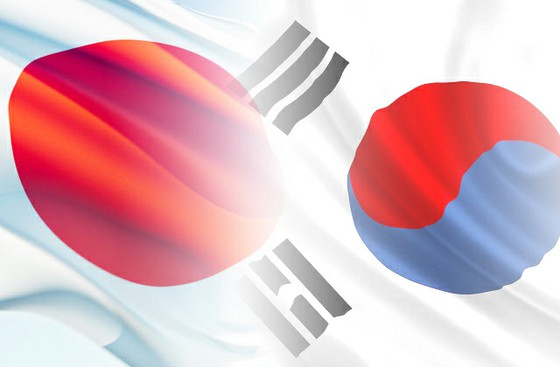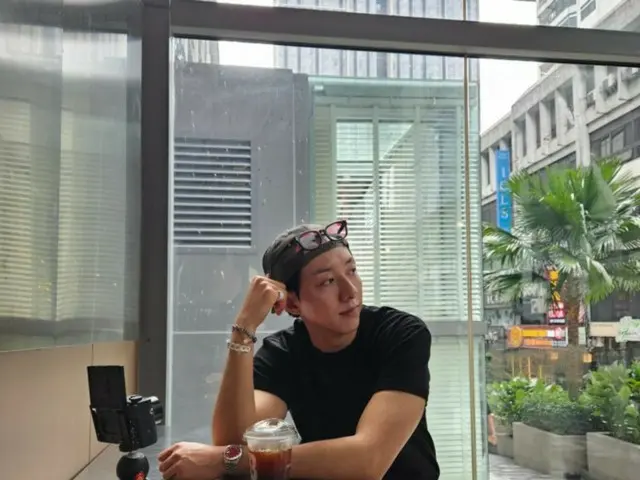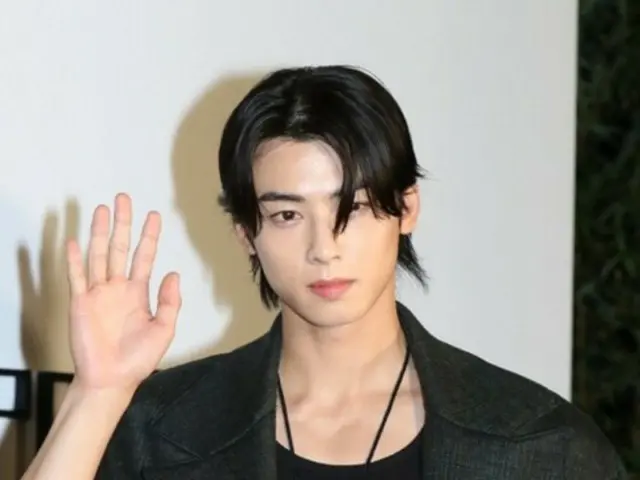 |
It seems that the South Korean side is stepping up its movement toward an early resolution, but for the settlement to take place, "Japan's response", such as the apology and financial contribution that South Korea demands of Japan, is essential. However, the Japanese government has consistently maintained that the issue of post-war reparations, including damages to former forced laborers, was "completely and finally resolved" in the 1965 Japan-Korea Claims Agreement. For Japan, which has long adhered to the stance that "the ball lies with South Korea," making concessions to South Korea could lead to domestic backlash.
The two leaders held a Japan-ROK summit meeting in Phnom Penh, the capital of Cambodia, on the 13th. The talks were set to coincide with the Association of Southeast Asian Nations (ASEAN)-related summits in Phnom Penh. In December 2019, the Japan-South Korea summit was called the "worst post-war" relationship between the two countries. It hasn't been opened for 3 years.
Yoon, who took office as president in May of this year following a change of government in South Korea, has expressed his desire to improve relations between Japan and South Korea, and has hoped for the early realization of a Japan-South Korea summit. In September, the two leaders held a dialogue in New York for about 30 minutes. At that time, the two leaders shared the need to resolve pending issues, including the issue of former forced laborers, and restore healthy relations between Japan and South Korea. However, the Japanese government positioned this dialogue as a "meeting" because it said, "If there is no progress on the former forced labor issue, we will not hold a summit meeting." On the other hand, the Korean media reported using the expression "informal talks."
And on the 13th of this month, a formal "meeting" was realized for the first time in about three years. With regard to the issue of forced labor, the two sides agreed to work toward an early resolution, given that discussions between diplomatic authorities are accelerating. However, a senior presidential office official said no concrete talks about a solution were forthcoming. On the other hand, a high-ranking official in the presidential office said, "Intensive discussions are underway on how to resolve the issue of forced labor, and I confirmed that the two leaders have been properly informed about the progress of the discussions. It means that we have received a report that we are being harassed."
In 2018, South Korea's Supreme Court (Supreme Court) finalized a ruling ordering Japanese companies to compensate for the forced labor issue. A South Korean court is in the process of seizing and selling assets in South Korea of Japanese companies that have not responded to compensation. It is even said that the Japanese government is ready to impose sanctions if it is cashed, and if that happens, relations between Japan and South Korea will collapse. Therefore, both the Japanese and South Korean governments agree that cashing must be avoided.
A high-ranking official of the presidential office commented on the Japan-South Korea summit on the 13th.
"The atmosphere was that the two leaders would pay attention and gather their strength in the direction of not only resolving the issue of forced labor but also improving relations between South Korea and Japan by speeding up talks." and said "Since the gap between the two countries has narrowed, there was an atmosphere of searching for measures that could be resolved quickly and putting an end to the problem."
The South Korean government is currently in the process of making final adjustments based on a plan to have a South Korean foundation take over the reparations paid by Japanese companies. However, South Korea, which wants to avoid being seen as a one-sided concession, intends to reflect the intentions of the plaintiffs and demand "an apology from the defendant company and a donation to the foundation", but Japan recognizes the liability of the Japanese company for compensation. As such, this is an unacceptable request.
In addition, the Korean government revealed that it is gathering opinions from the plaintiffs and various social strata in order to hold public debates. However, no specific date or method for the debate has been decided. In addition, the plaintiffs have grown distrustful of the Yoon Seo-gyul administration's stance toward Japan, which has shown a desire to improve relations between Japan and South Korea, and it is unclear whether they will agree to participate in the debate.
Looking at the process up to this point, it seems that both Japan and South Korea have a "non-negotiable line" on the issue of former forced laborers. The two leaders are trying to find a settlement while being conscious of their respective domestic public opinion, but both are currently suffering from low approval ratings. This seems to be one of the factors that prevent early resolution of the problem.
2022/11/22 12:42 KST


